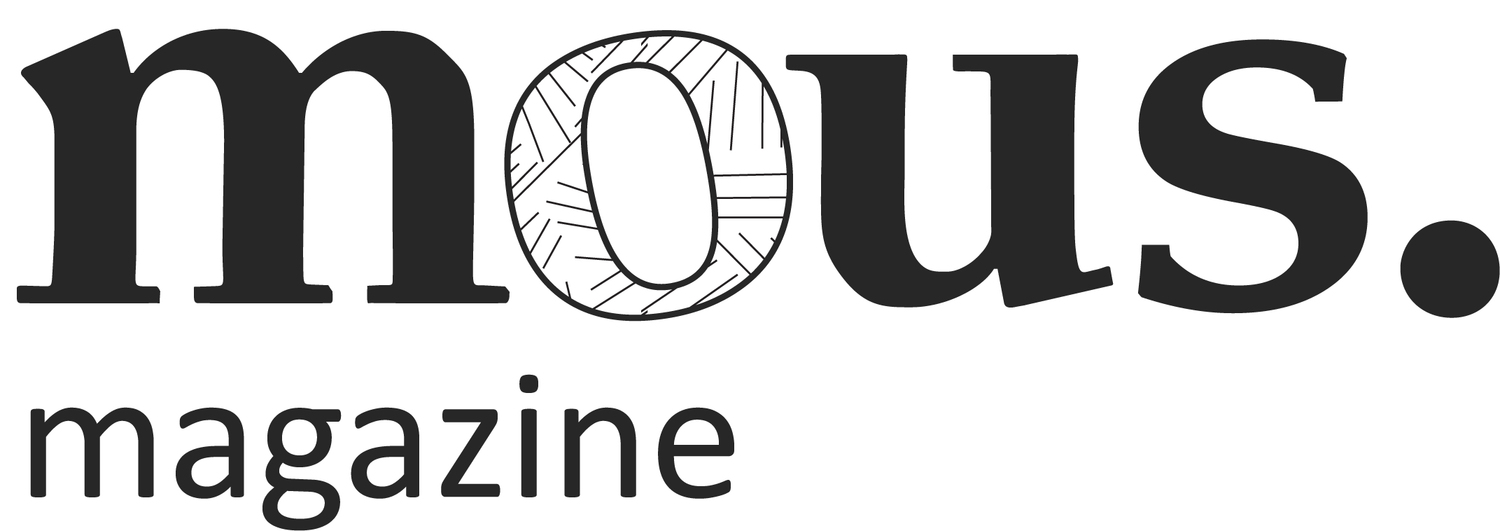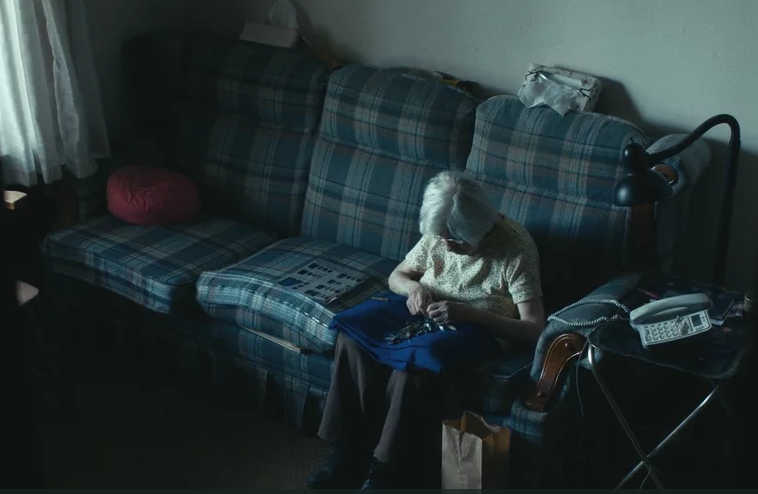/create/
Ambivalently Yours is more than a single anonymous artist, or an online space–it is a revolution in indecision. The artworks produced by anonymous persona Ambivalently Yours are pretty, pink, and boldly undecided.
Inspired by the Riot Grrrls and the feminist art of the 70’s, AY describes her title as a “refusal to choose between traditional femininity and radical feminism” and says that it evolved from feeling out of place while simultaneously working in fashion and studying feminist art. Rather than trying to fit into one box or another, she decided to “embrace that feeling of un-belonging and make it central to my art…acknowledging that life and convictions are often full of conflicting emotions that are better confronted than repressed”.
The project began as a series of anonymous notes written to things, places and ideas that AY felt conflicted about–money, marriage, Jersey Shore–which were then left in public places. “It’s about paying attention to my ambivalence instead of repressing it…it’s about making a big deal out of things that I was always taught to keep to myself.”
AY says that drawing wasn’t originally going to be part of the project. “People started finding me online and writing to me about their own ambivalence. I remember not knowing exactly what to respond sometimes, which is why I started answering with drawings.
“I think that the first drawing I posted for someone else was for a girl who wrote to me because she was about to leave for a year abroad and was feeling a little terrified. I can’t remember the drawing I made for her, but after I answered her we started writing to each other regularly and still do to this day.”
True anonymity can be a difficult task in the digital age. AY says that she initially chose to remain anonymous in the interest of self-preservation and creative freedom, and to allow her art to stand on its own. However, she recognises that there is a limit to how far anonymity can go.
On artist residency in Glasgow she had to make a decision. “Part of me really wanted to interact with the people of that city during my trip,” she says. “[So] I’ve decided to be as anonymous as I can online, but to allow myself to take the mask off once in a while when I meet people in real life.”
AY says that consciously identifying as a feminist can be challenging because of its connotations in many social circles. “At first I was afraid of how identifying as a feminist would make me look to others. I was afraid of being seen as an angry feminist killjoy,” AY says. “I think my relationship with feminism is constantly getting more complicated the more I learn about it,” she concludes. “I don’t follow the movement blindly, because I respect it enough to allow it to keep redefining itself.”
While AY says she is excited that “suddenly, feminism is trendy”, she is also terrified that, like many trends, feminism will lose its cachet and be looked upon as a fad or phase.
AY is very intentional about her responses to criticism. “I’ve learned that there are some interactions that are helpful to have and others that are best avoided at all costs,” she says, citing trolls, anti-feminists and personal attacks as something that she ignores outright.
The other opposition she faces comes from other feminists with different views. “I usually try to respond to these messages and turn them into productive conversations, because I think it is important for us to learn to respectfully disagree.”
AY considers intersectionality to be a crucial element in the feminist conversation. “I think it is important that we keep remembering that our experiences may be similar to those of others, but [that] they are never universal. We have to learn to be better allies by investing in where we intersect and not being afraid to discuss where we differ.”
See more of Ambivalently Yours here.













